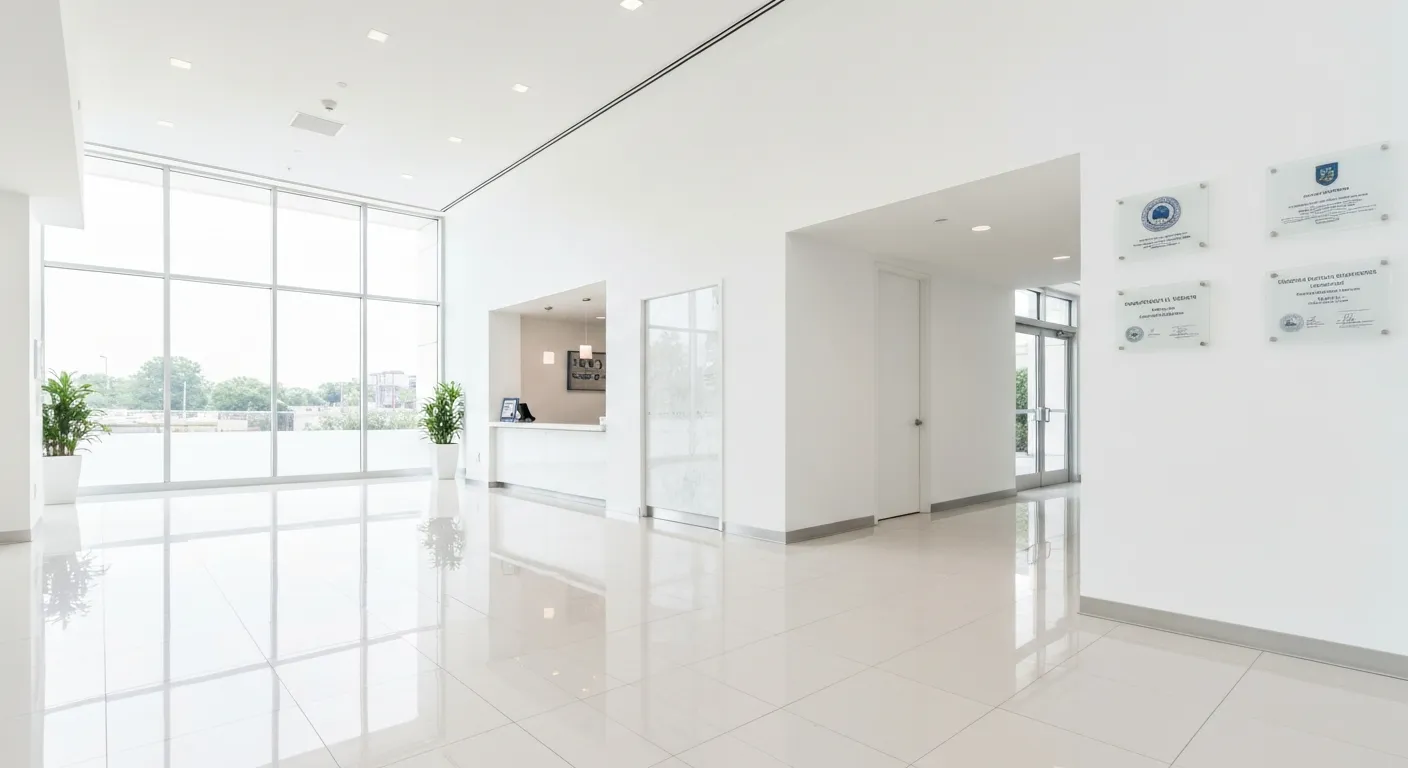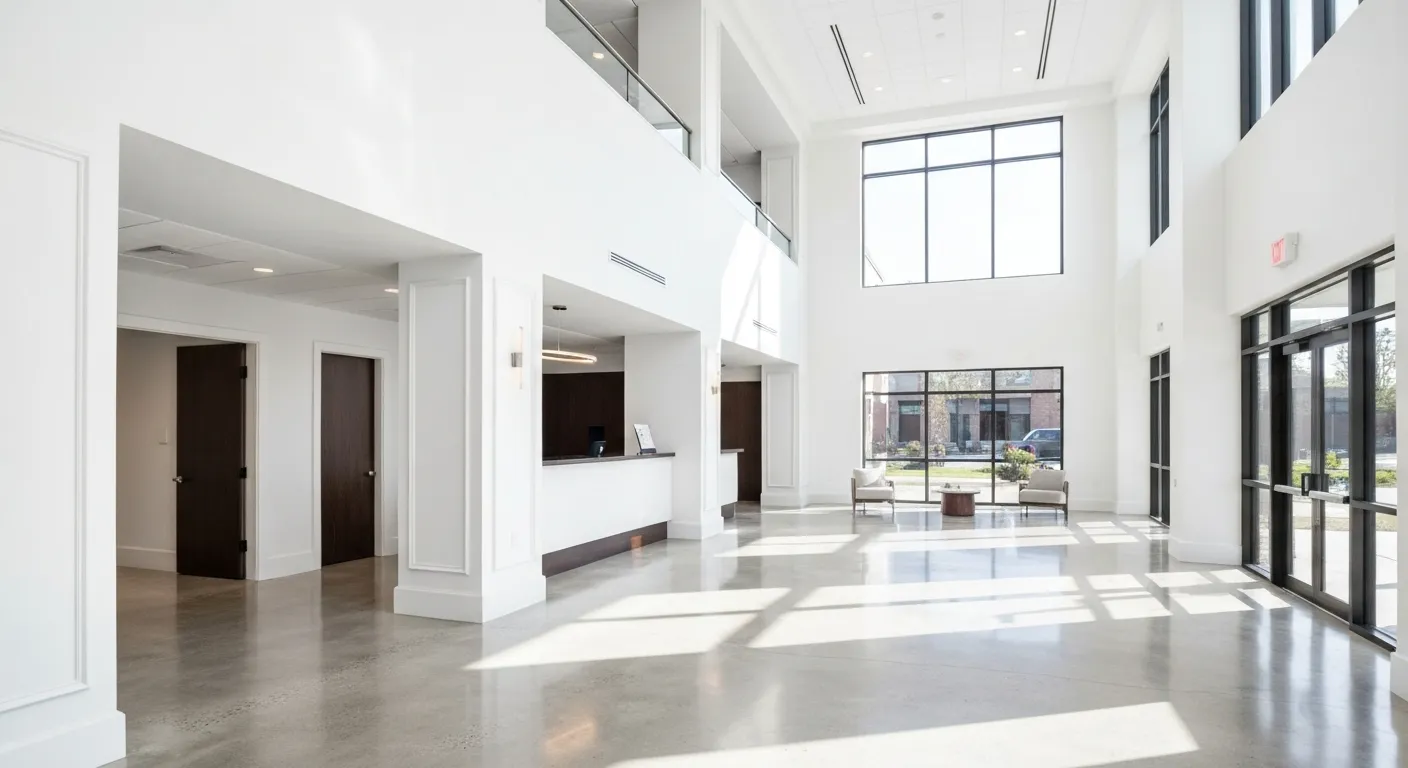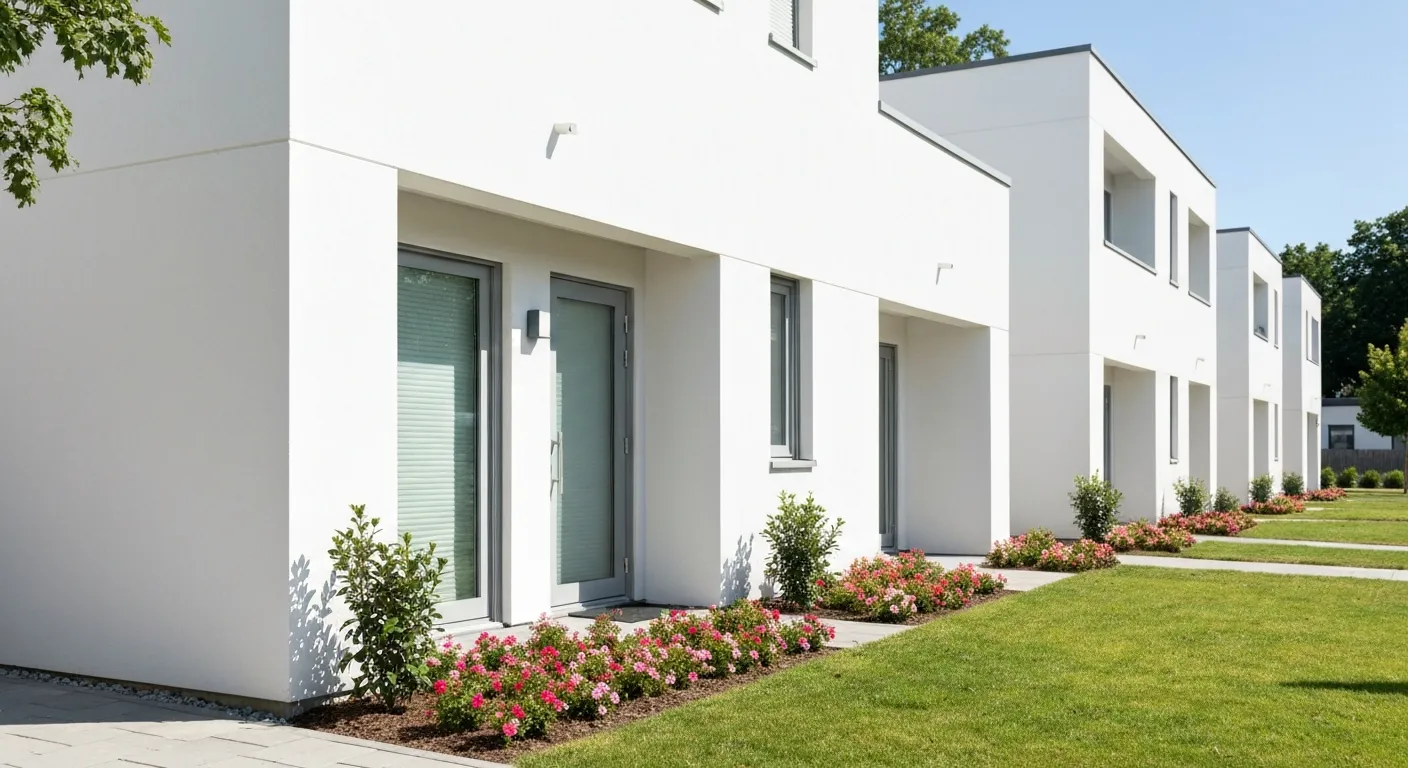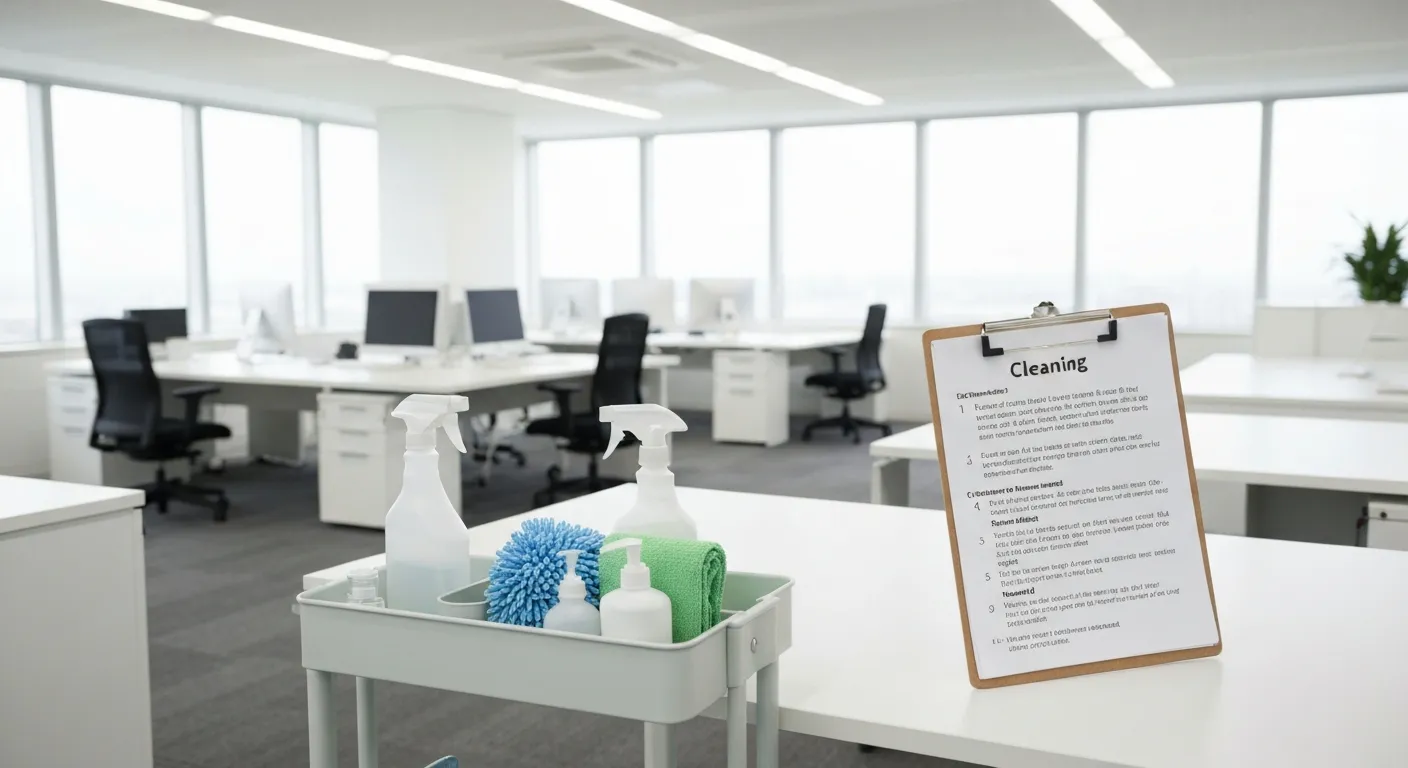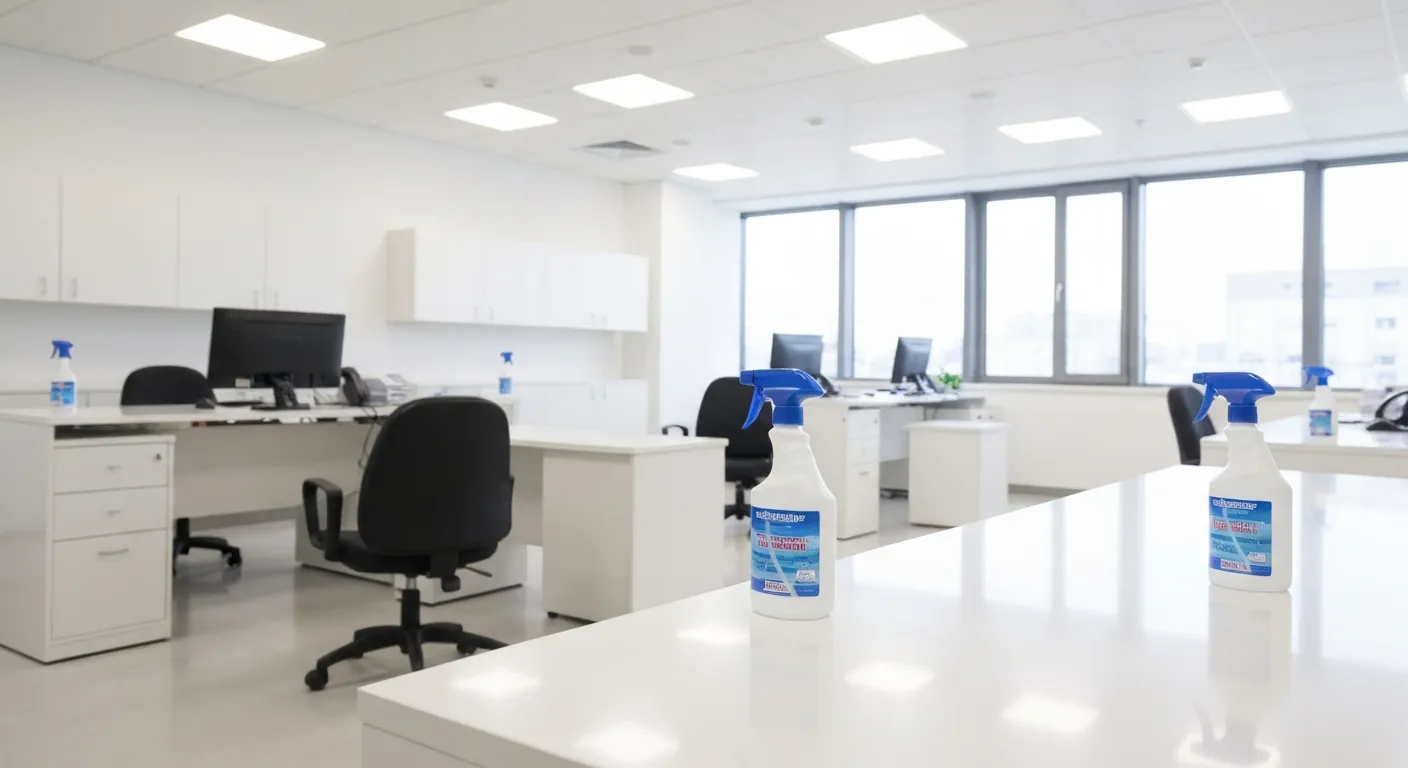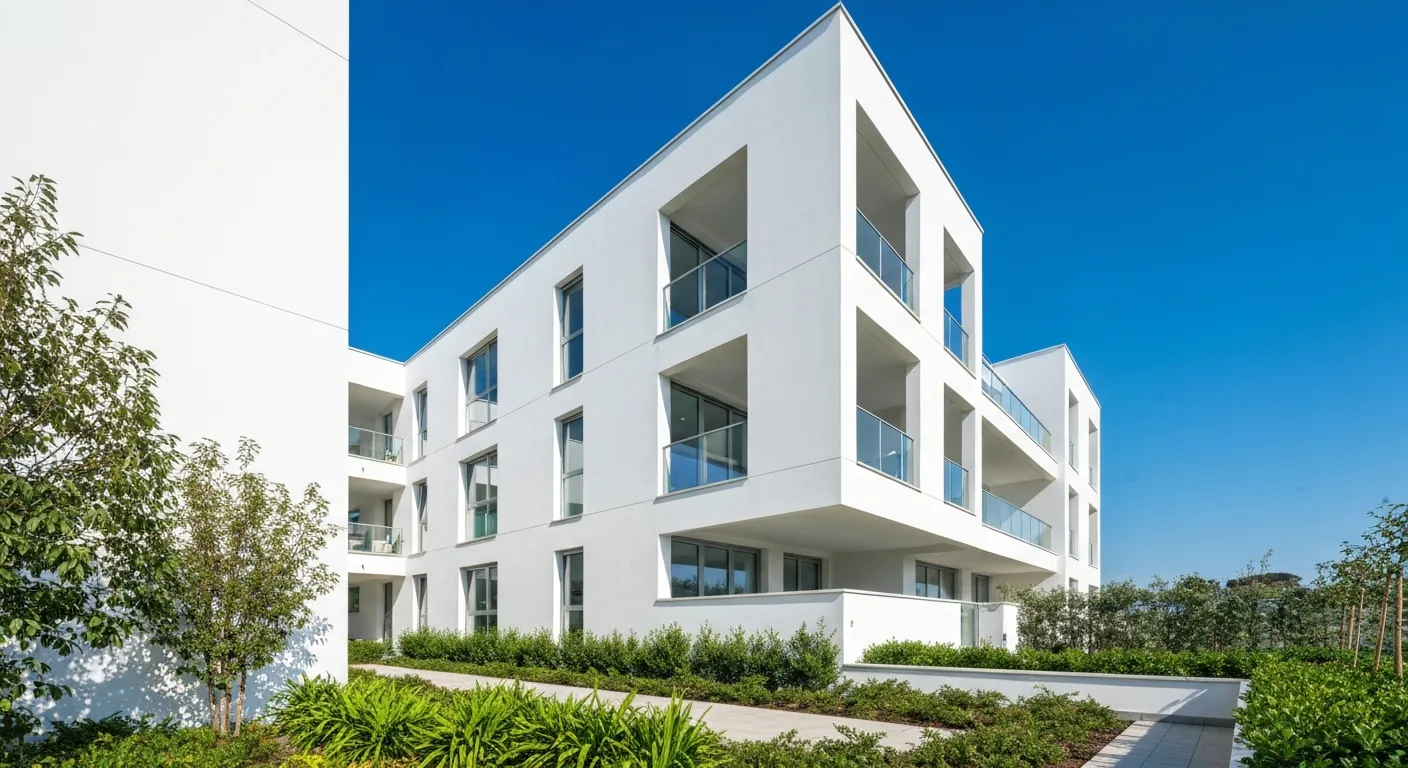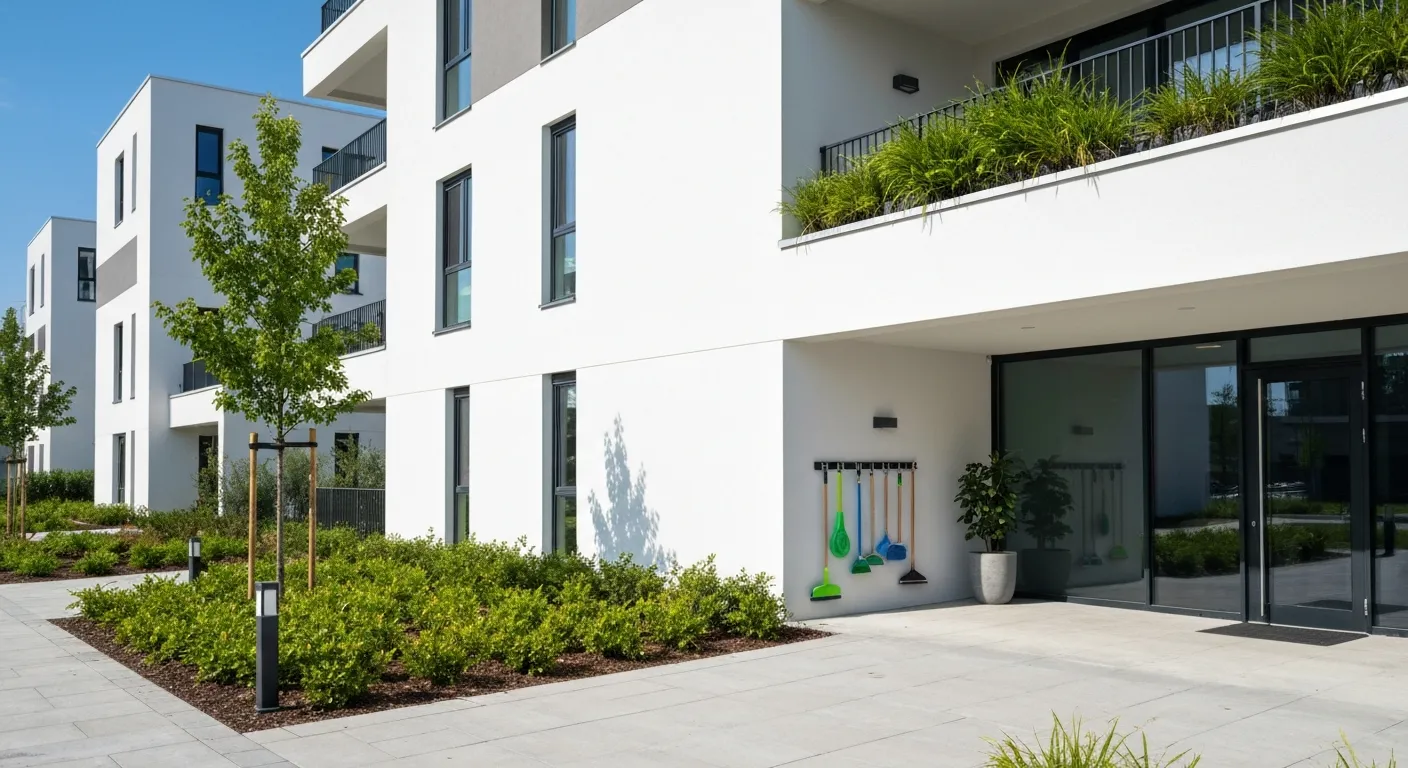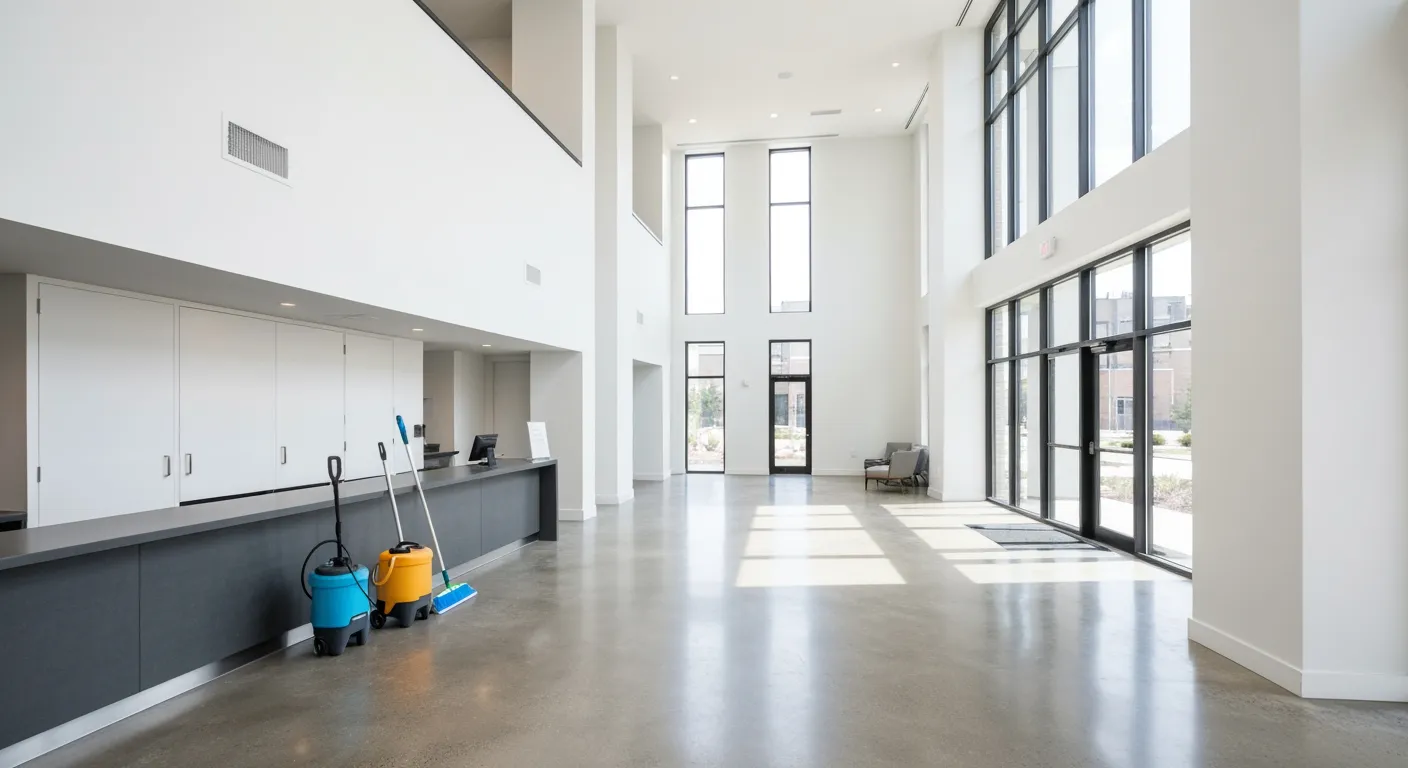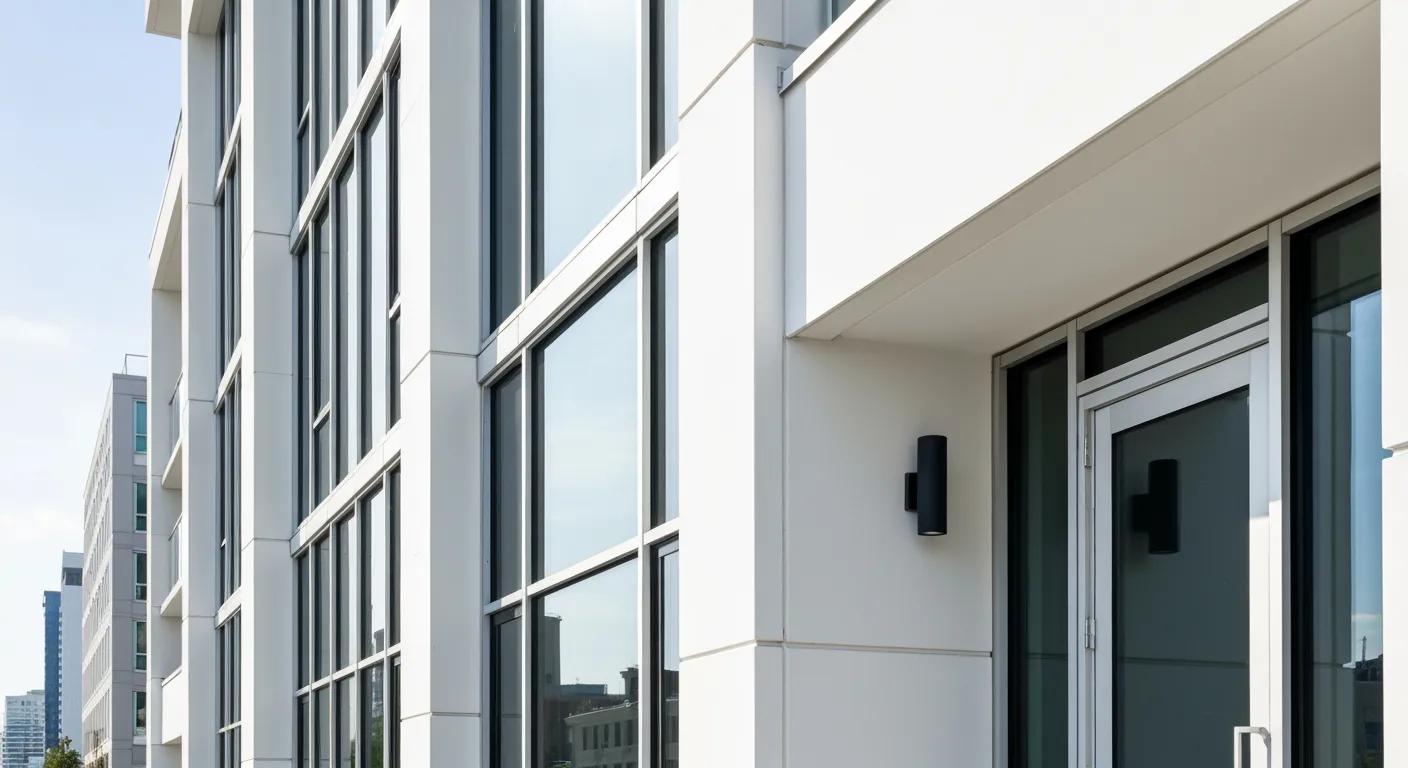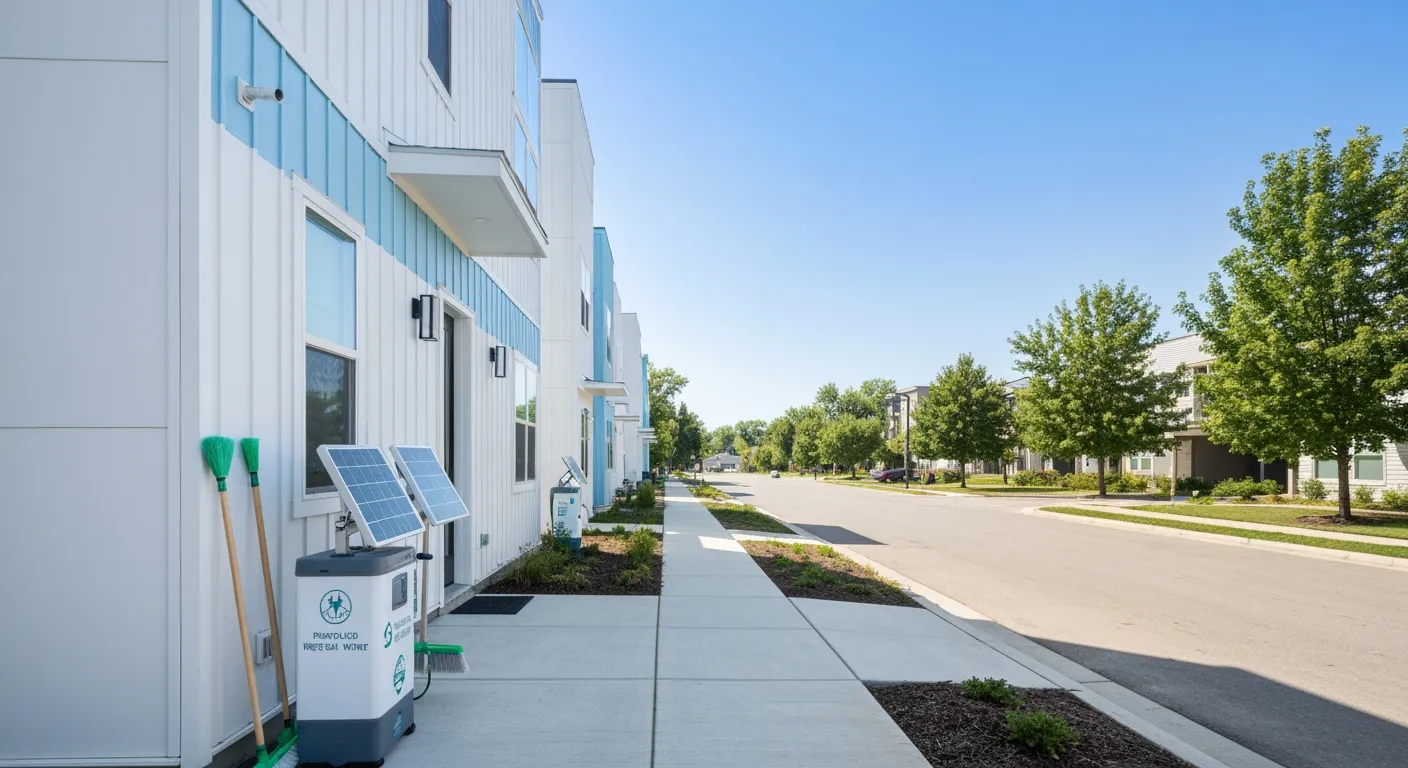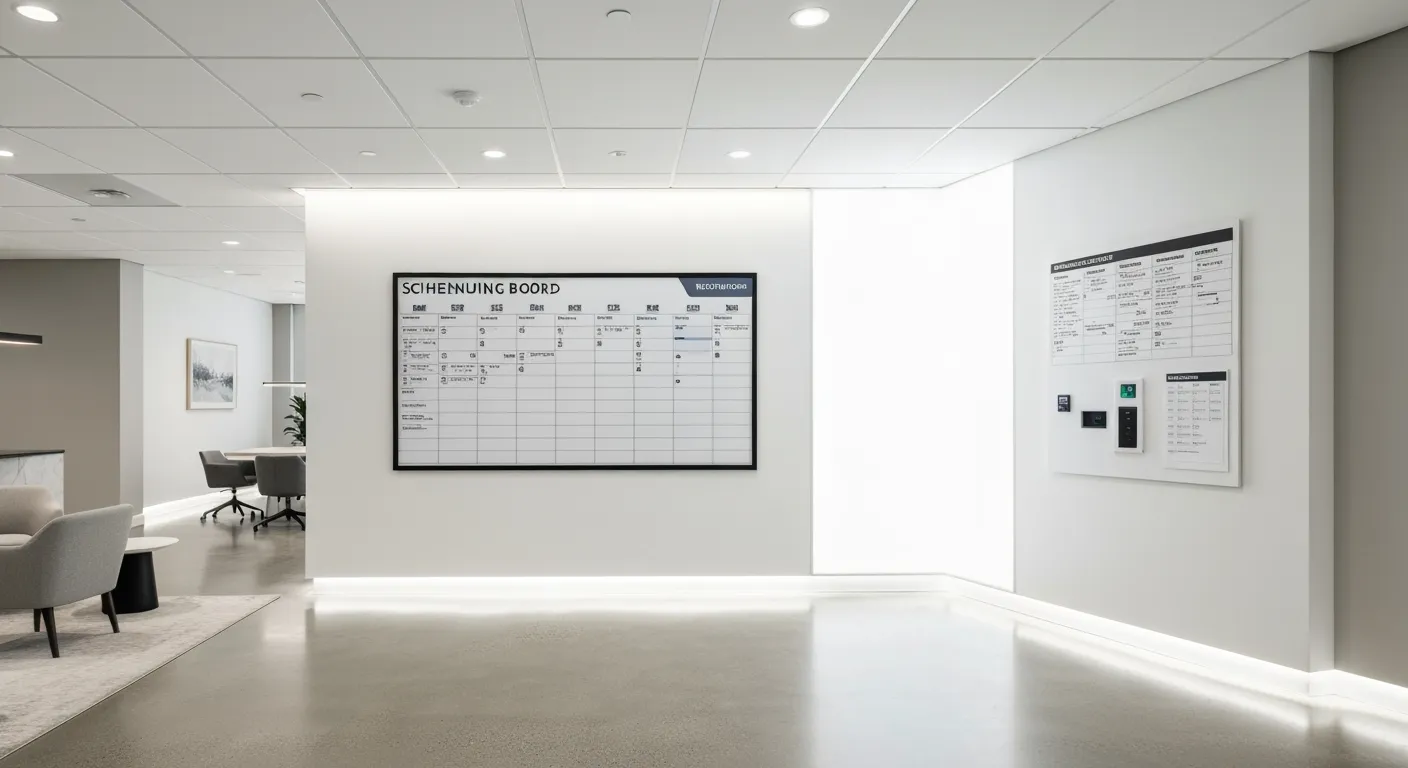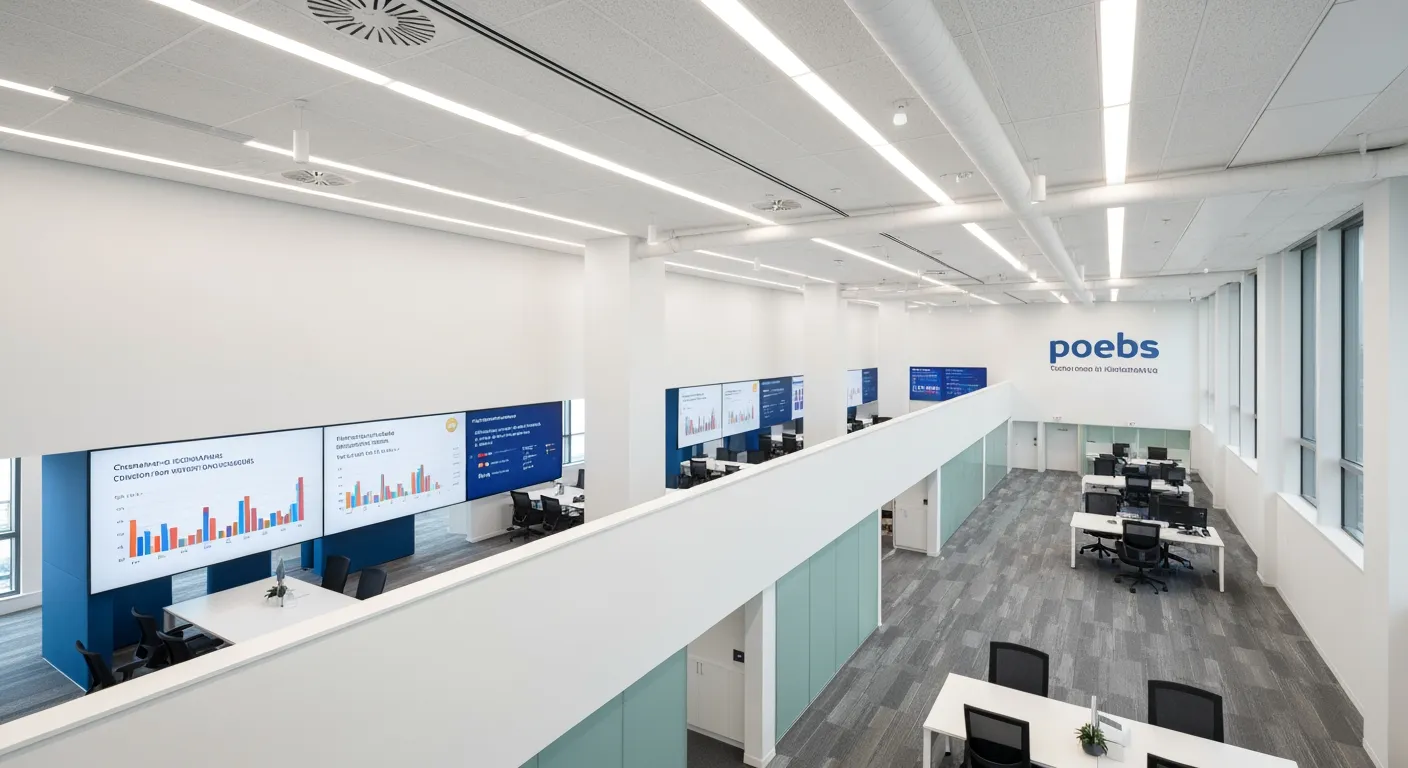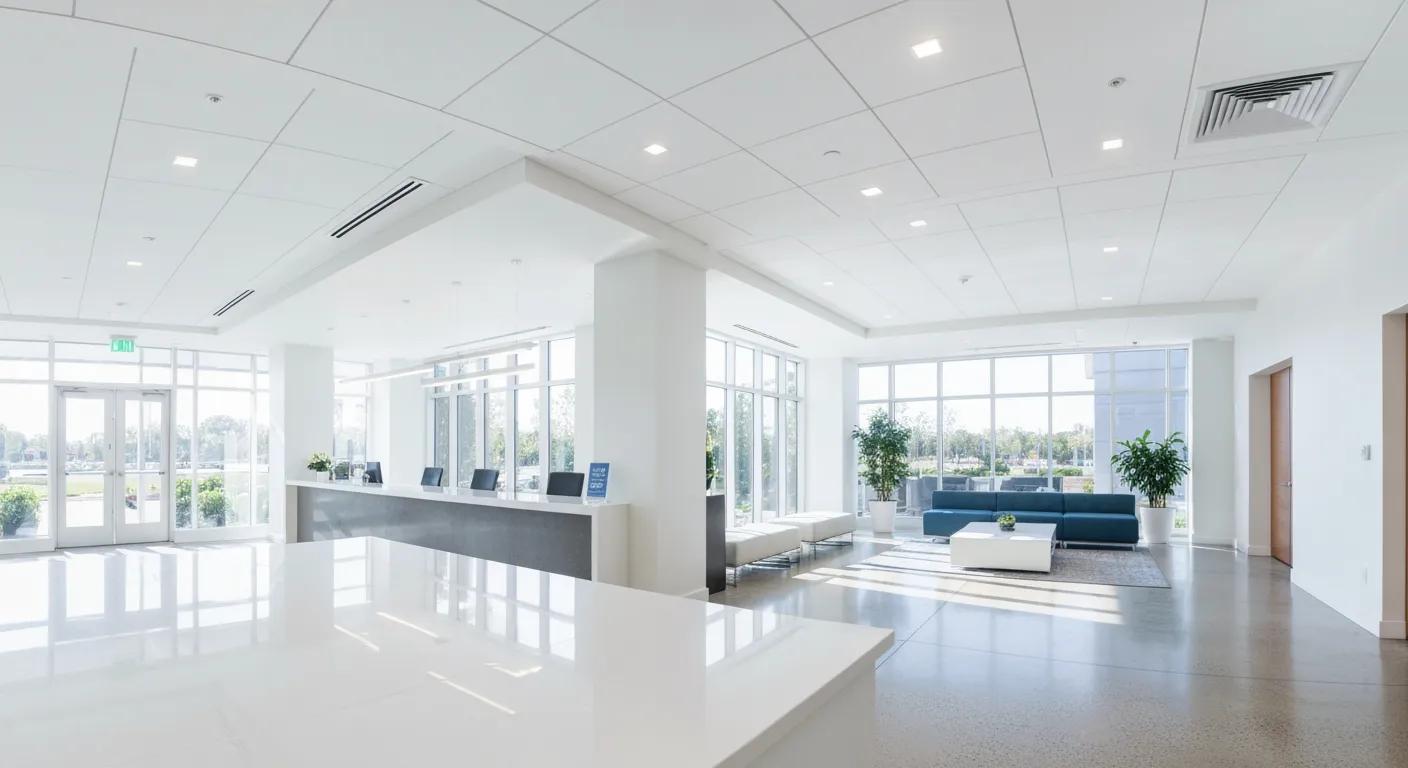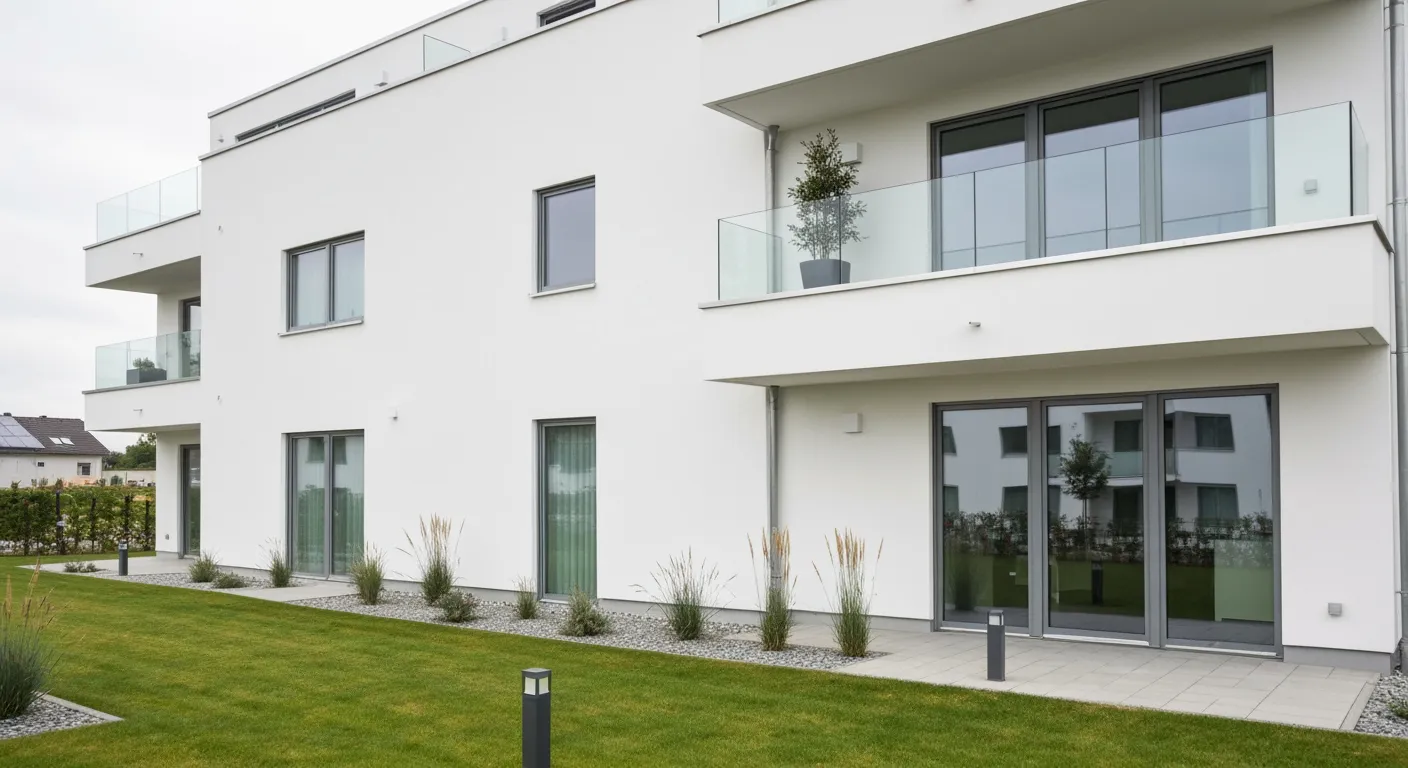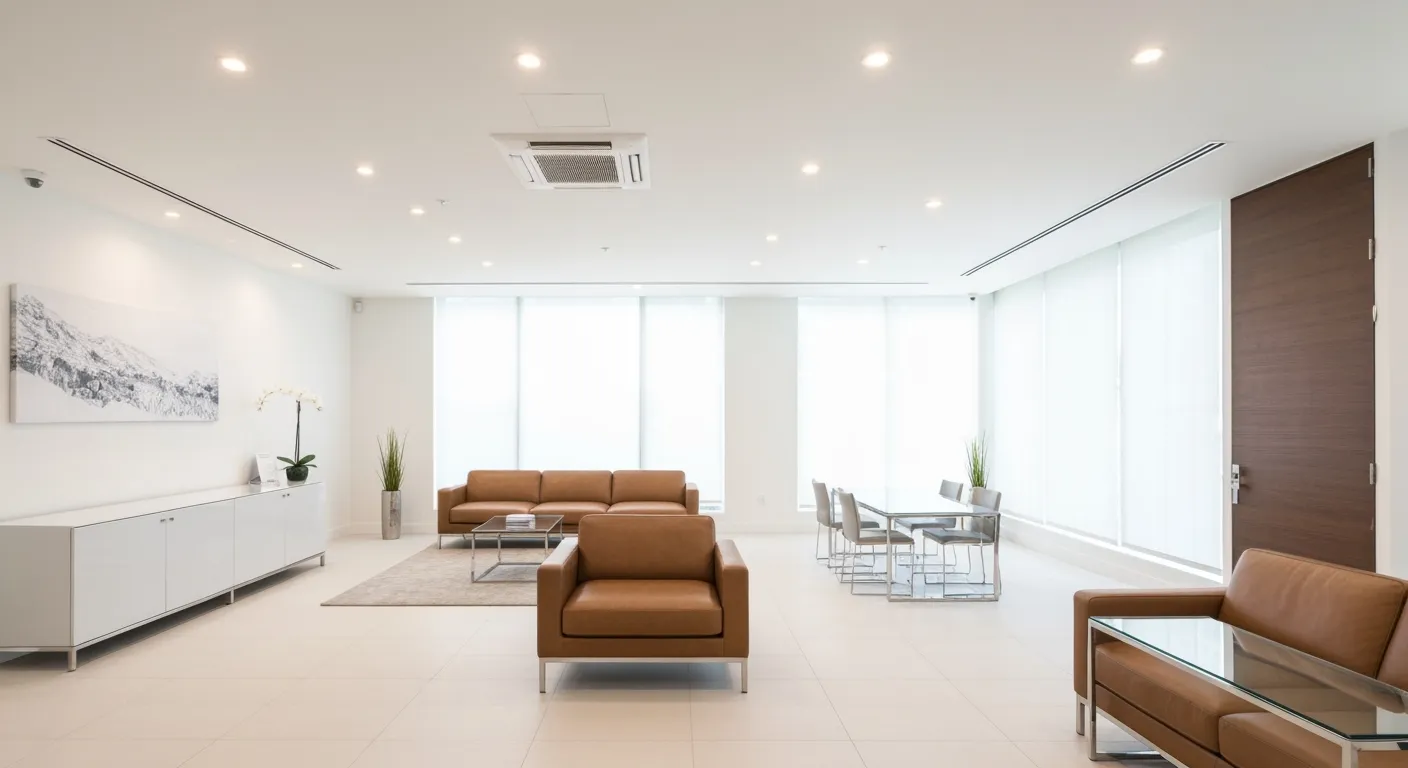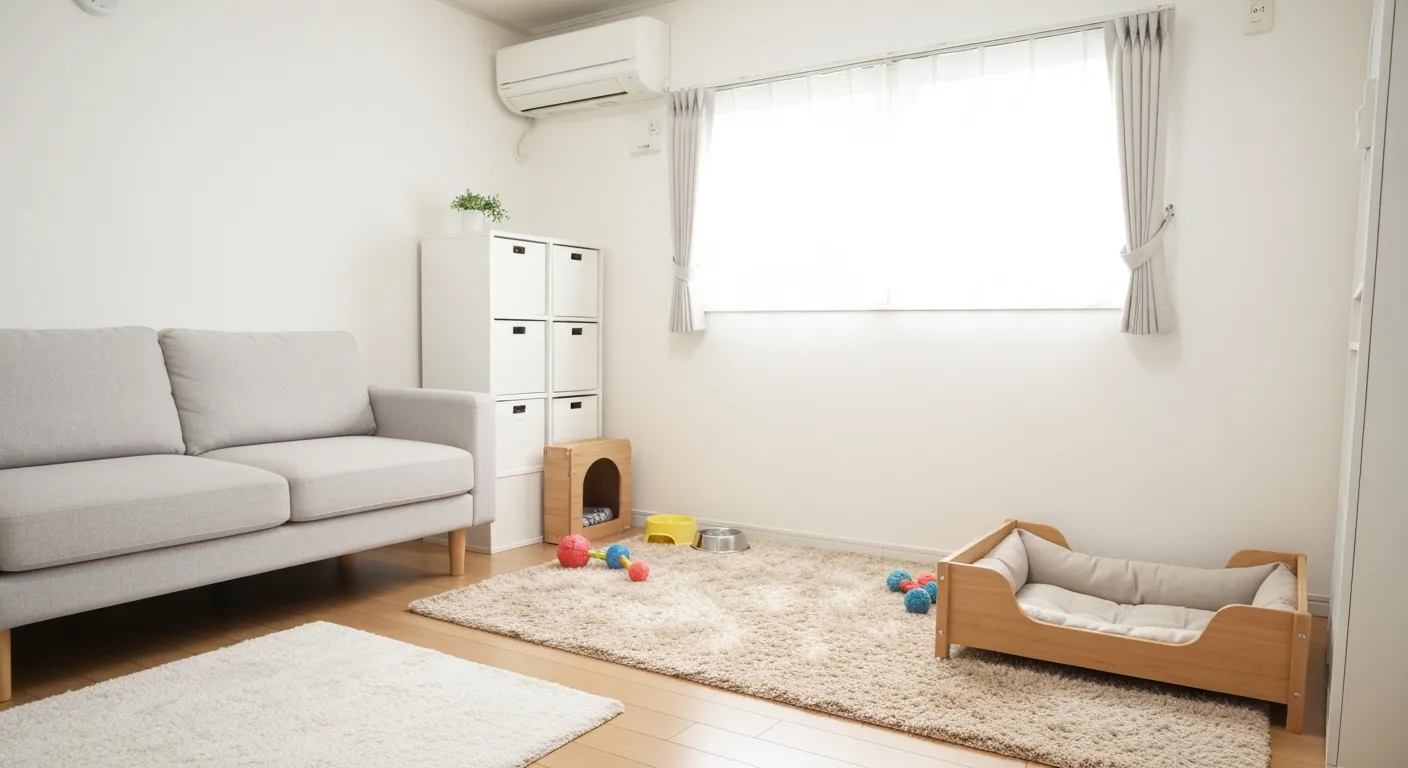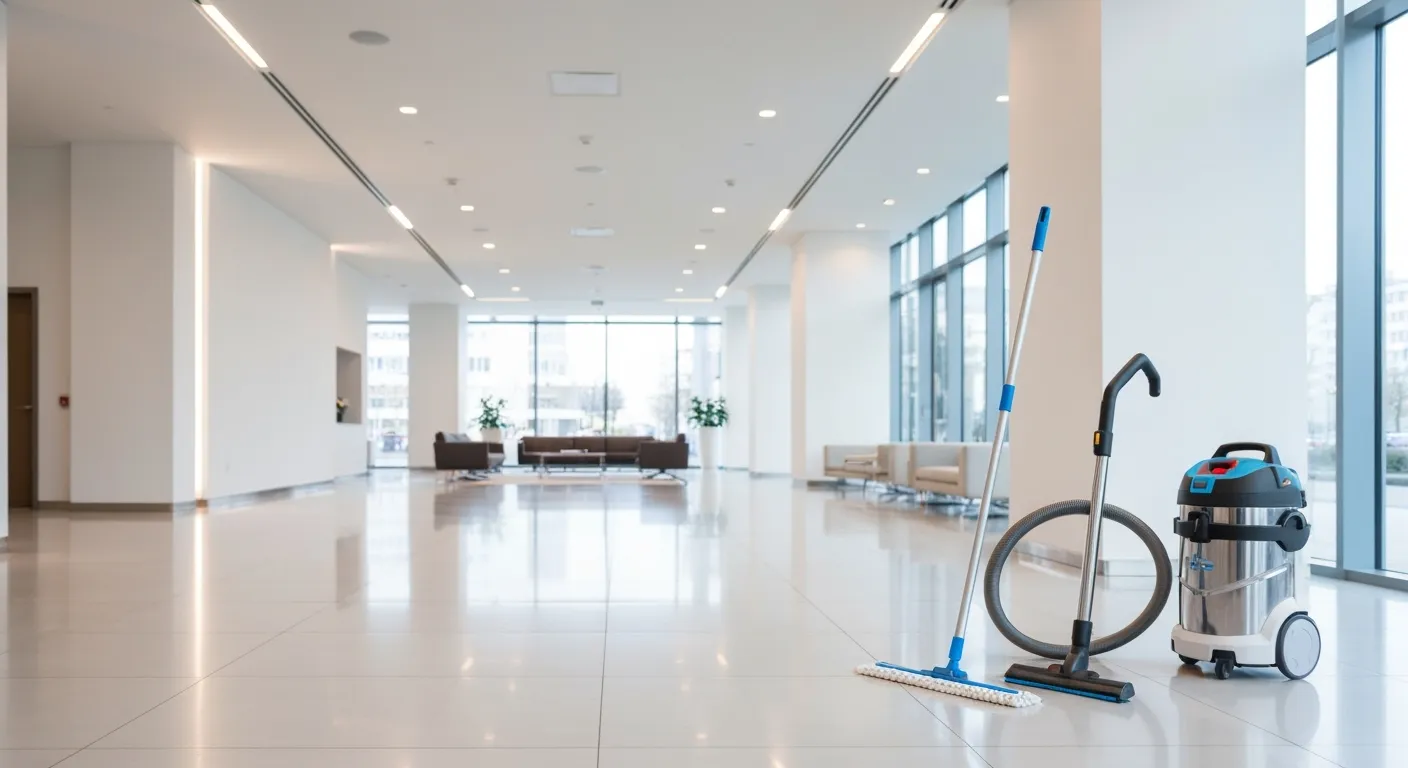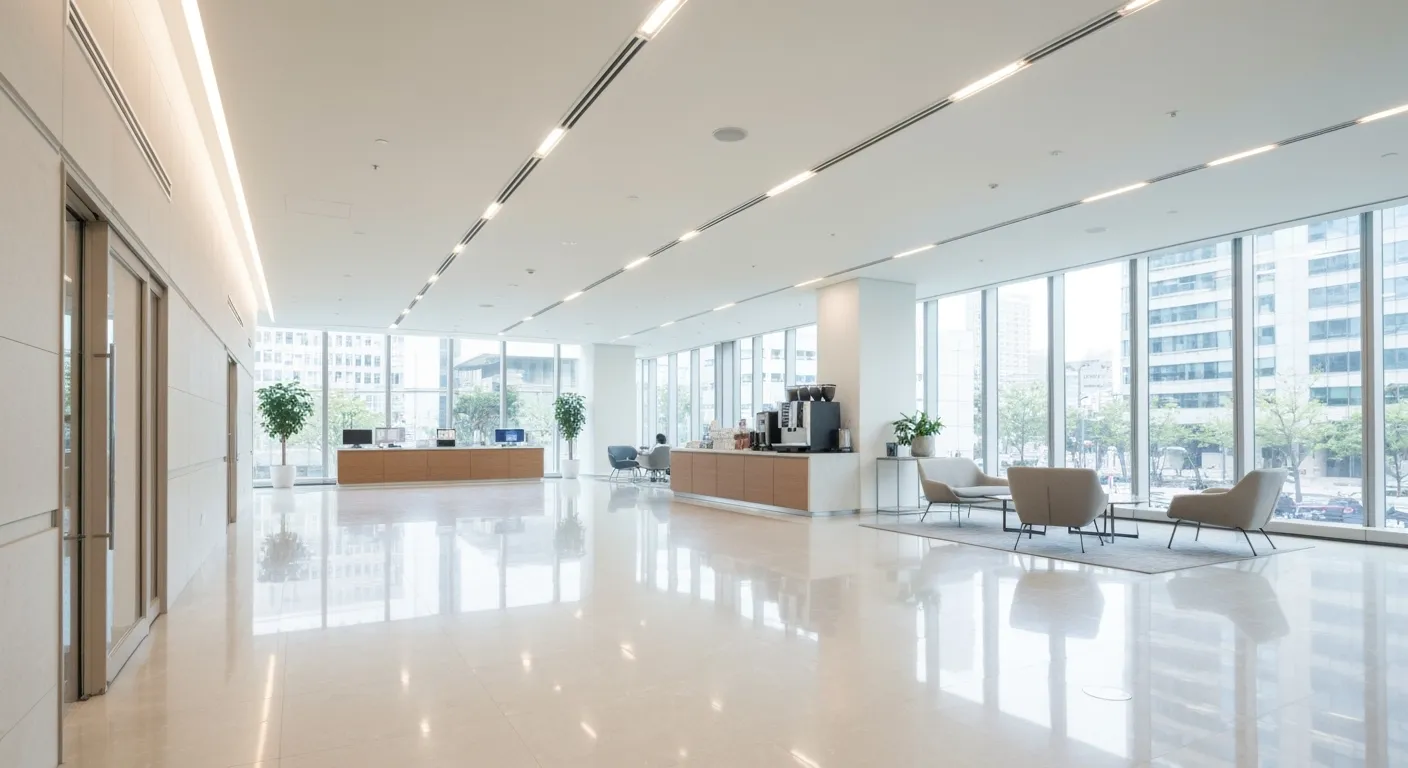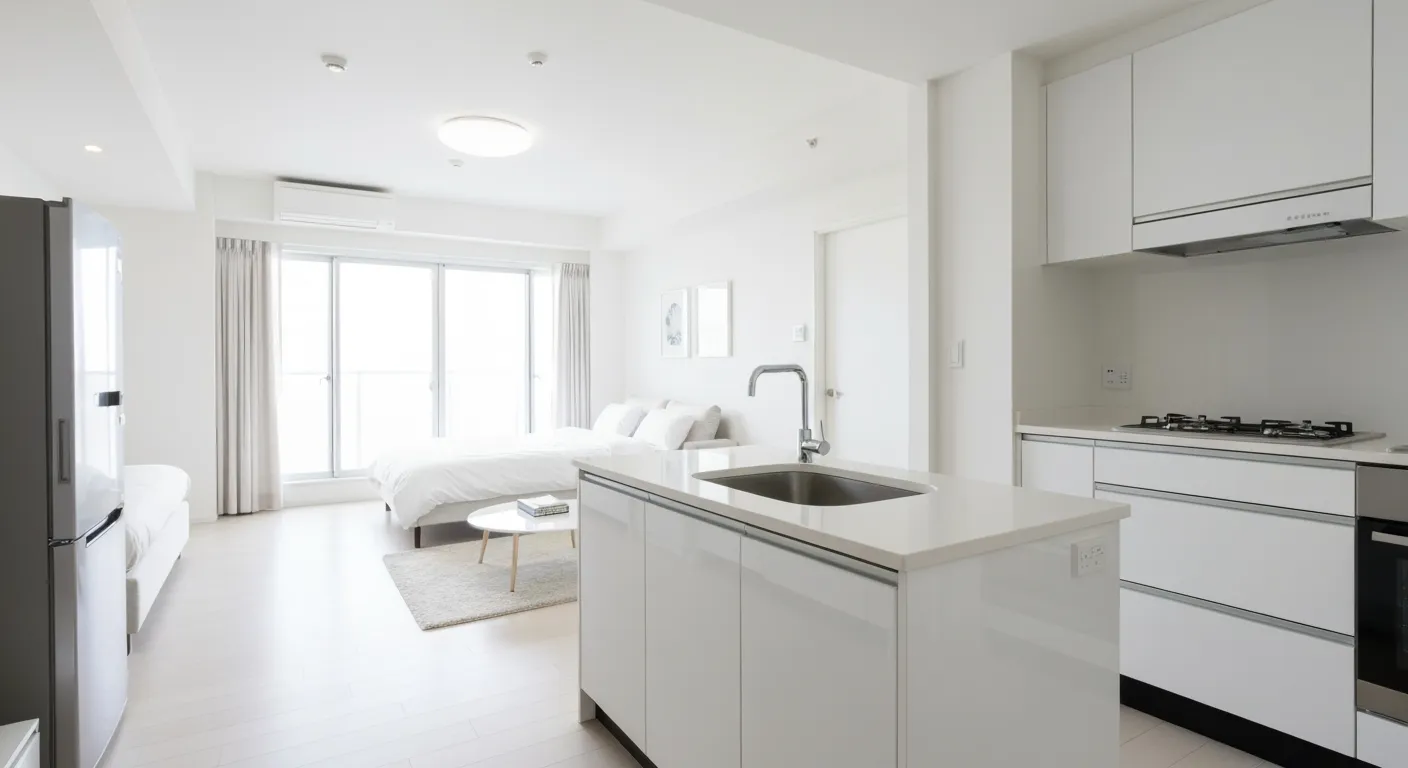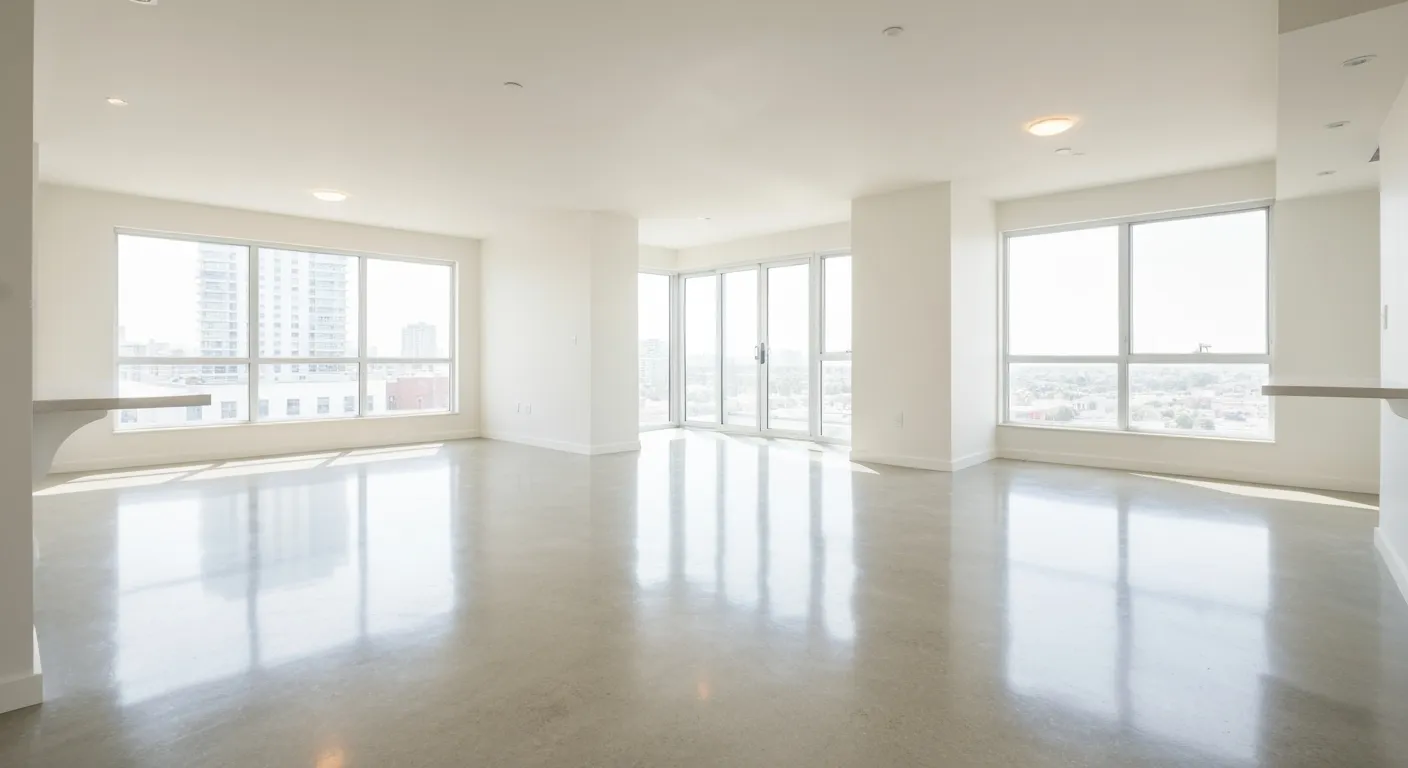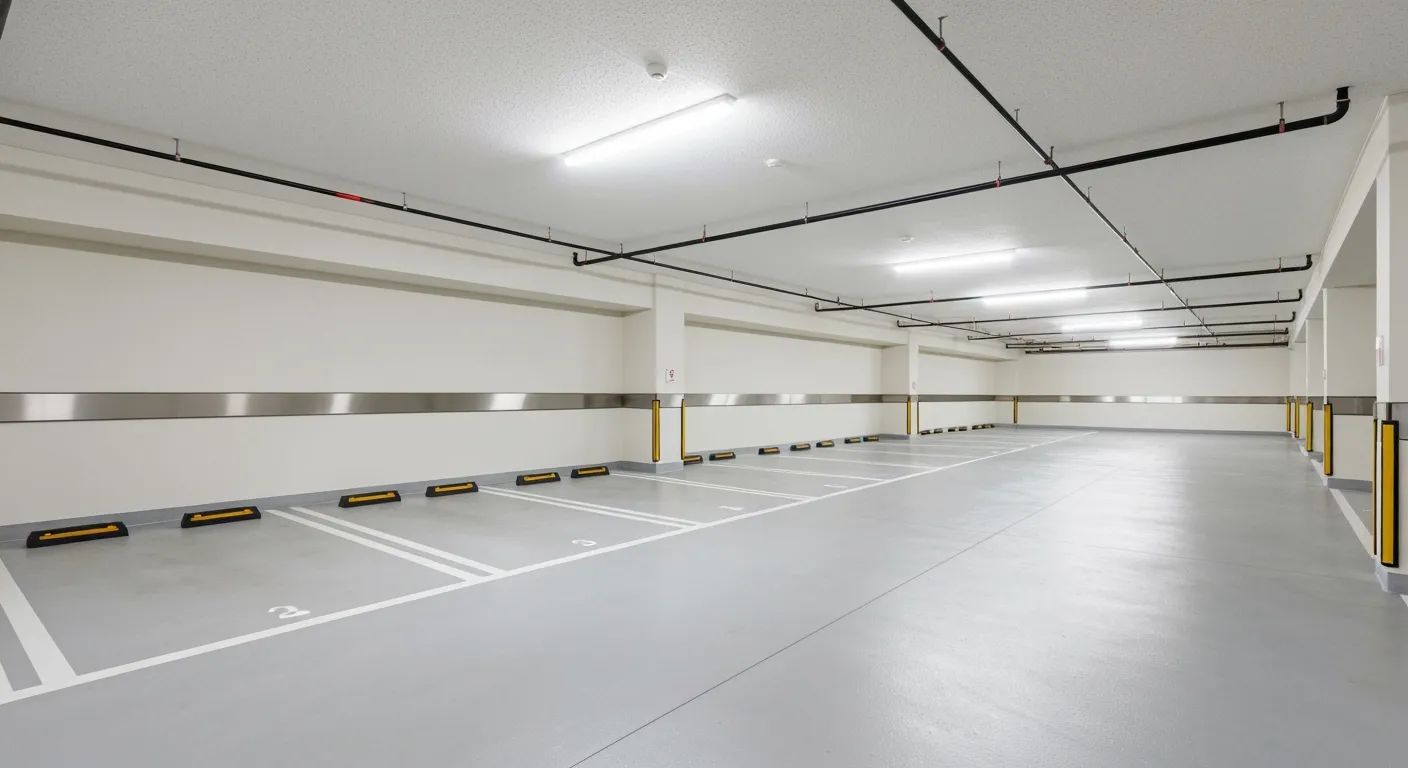Dirty Apartments and Online Reviews: Reputation Stats for Property Owners

The Growing Influence of Online Reviews in Property Management
In today’s rental market, online reviews have become a decisive factor for both tenants and property owners. The digital age has transformed how prospective renters evaluate apartments, shifting reliance from traditional word-of-mouth to real-time feedback on platforms such as Google Reviews, Yelp, and ApartmentRatings.com. This shift has significant implications for property management — from marketing strategies to tenant screening and reputation management. Understanding these dynamics, especially the impact of negative reviews about cleanliness and maintenance, is crucial for landlords aiming to maintain competitive, trustworthy properties.
The Impact of Online Reviews on Rental Decisions and Property Management

How do online reviews and reputation management impact property management and rental decisions?
Online reviews have become a significant influence on how tenants choose rental properties. Renters now rely heavily on feedback from current or former residents, using platforms like Yelp, Google Reviews, and specialized apartment review sites to gauge the living experience before signing a lease.
Positive reviews can spotlight a property's strengths, such as friendly staff, good maintenance, and appealing amenities. This social proof builds trust with prospective tenants and can enhance a property's visibility online, leading to more inquiries and higher occupancy rates.
On the other hand, negative feedback—especially when responded to professionally—can be turned into an opportunity for improvement. Addressing issues in reviews publicly shows responsiveness and commitment to resident satisfaction, which can mitigate reputational damage.
Reputation management is essential for landlords and property managers. It involves actively monitoring reviews, responding thoughtfully to both praise and complaints, and proactively seeking feedback. Consistent engagement helps maintain a positive online presence, which is crucial given that 81% of renters consider reviews important when searching for an apartment.
Furthermore, a strong online reputation can support more effective pricing strategies. Well-rated properties may justify higher rents, while properties with poorer reviews might need to offer discounts or enhancements to attract tenants.
In summary, managing online reviews is no longer optional but a core component of successful property management. It influences rental decisions, enhances credibility, and ultimately impacts occupancy and revenue.
Shaping Tenant Perceptions: The Power of Online Reputation

How do online reputations influence prospective tenants' perceptions and choices?
Online reputation has become a critical factor in how potential tenants select their future homes. Many renters today rely heavily on reviews, ratings, and comments shared on various digital platforms such as Yelp, Google Reviews, and specialized apartment review sites. These reviews offer insights into the quality of living conditions, management responsiveness, amenities, safety, and overall satisfaction from current or former residents.
When a property has a strong positive online presence, it acts as a form of social proof that reassures prospective tenants about their decision. Positive feedback, especially about on-site staff, cleanliness, and maintenance, can significantly boost a property's attractiveness and lead to faster lease agreements.
Conversely, negative reviews can raise doubts about maintenance issues, management communication, or safety concerns. If a property receives frequent complaints about cleanliness, amenities, or management responsiveness, it might deter prospective tenants from scheduling tours or signing leases.
Most renters today research extensively before committing. They consult review sites, social media, and even official platforms like NYC's Housing Development & Preservation portal or RENT BETTA. This behavior underscores the importance for landlords and property managers to actively manage their online reputation.
How does positive and negative feedback influence trust?
Positive online feedback, especially when it highlights friendly staff, well-maintained facilities, and quick problem resolution, can greatly influence a prospective tenant’s perception of a property. In fact, over 60% of reviews mentioning on-site staff are positive, and many highlight these interactions as the deciding factor in their rental choice.
On the other hand, negative reviews—particularly those pointing to maintenance delays or poor communication—can significantly sway decisions. Prospective tenants often use negative feedback as a red flag to avoid properties with unresolved issues or maladministration. Studies indicate that 71% of renters say negative reviews could prevent them from touring an apartment.
Building trust through a strong online presence
Maintaining a positive digital footprint involves active monitoring of reviews and engaging with tenants online. Responding professionally to both praise and complaints demonstrates accountability and care. Addressing negative reviews with empathy and solutions can improve public perception and demonstrate proactive management.
Encouraging satisfied tenants to leave positive reviews and ensuring prompt responses to concerns not only boosts reputation but also reduces vacancy rates. Data shows that top-tier property managers who solicit more reviews and respond diligently tend to achieve higher star ratings—averaging around 4.57 stars—compared to the industry average of 4.13.
In the competitive rental market, a polished online reputation is a vital tool for attracting quality tenants. It enhances trust, encourages occupancy, and ultimately increases revenue, making reputation management an essential aspect of modern property operation.
Addressing Negative Reviews: Impact and Management Strategies

How do negative reviews about issues such as dirty apartments affect property reputation and market perception?
Negative reviews highlighting problems like dirty apartments can significantly tarnish a property's image. When tenants share concerns about cleanliness or poor maintenance, it decreases the trust potential renters place in the management's ability to maintain quality living conditions. This skepticism can deter prospective tenants from considering the property, impacting occupancy rates.
Online platforms like Yelp and Google Reviews play a crucial role in shaping perceptions. A high volume of unfavorable feedback can lower a property's overall star ratings, making it less attractive in search results. Over time, such reviews may spread through social media, diminishing community reputation and reducing inquiries.
If these issues are ignored, the negative impression can become ingrained, leading to decreased rental demand and potentially lower property values. However, by actively managing and responding to such reviews, property owners can mitigate harm, rebuild trust, and demonstrate a commitment to improvement.
Strategies to respond and manage poor feedback
To effectively handle negative reviews, property managers should respond promptly and professionally. Empathy is critical; acknowledging the tenant’s frustrations and providing a clear plan of action demonstrates accountability.
Taking the conversation offline—such as offering direct contact—can help resolve complex issues more privately and efficiently. Regularly inspecting and maintaining the property helps prevent common complaints, such as cleanliness and upkeep issues.
Encouraging satisfied tenants to post positive reviews can balance out negative comments, showcasing the property's strengths. Transparency and responsiveness foster a positive perception and show prospective renters that management values resident feedback.
Using negative feedback as an opportunity to improve reputation
Negative reviews aren’t just criticism—they're valuable insights into areas for improvement. Property managers can analyze feedback to identify recurring problems, like maintenance delays or communication gaps.
Addressing these issues publicly by outlining corrective steps can turn negative comments into demonstrations of proactive service. For example, if cleanliness concerns are voiced, showcasing recent upgrades to cleaning protocols or maintenance schedules can reassure prospective tenants.
Incorporating feedback into staff training and quality controls ensures continuous improvement, which is often reflected in subsequent positive reviews. This proactive approach not only enhances resident satisfaction but also strengthens the property's reputation in a competitive rental market.
| Aspect | Impact | Management Approach | Additional Notes |
|---|---|---|---|
| Negative cleanliness reviews | Deters potential tenants, lowers trust | Respond promptly, improve cleaning services | Critical for first impressions |
| Maintenance complaints | Questions management efficiency | Address publicly, schedule repairs timely | Affects ongoing resident satisfaction |
| Staff-related issues | Influences overall experience | Train staff, communicate improvements | 60%+ reviews mention staff positively |
| Reputation metrics | Star ratings influence search ranking | Encourage positive reviews, respond actively | Top tier managers average 4.57 stars |
Effectively managing online reputation requires a balanced approach: addressing negative feedback openly, using it as a tool for service enhancement, and continually encouraging positive interactions. This strategy not only improves individual property ratings but also builds long-term trust with tenants.
Reputation Insights From Review Platforms and Tenant Feedback

What insights can be gained from reputation dynamics on review platforms such as ApartmentRatings.com and social media?
Reputation dynamics on platforms like ApartmentRatings.com and social media offer a window into what tenants truly think about their living experiences. They provide real-time information about property conditions, management responsiveness, and overall satisfaction. For example, ApartmentRatings.com’s epIQ index ranks buildings based on tenant reviews, focusing on categories like noise, safety, and maintenance, giving prospective renters a detailed view of potential properties.
Monitoring social media platforms such as Google Reviews, Yelp, and Facebook enables property managers to track feedback continuously. This oversight helps identify recurring issues, track satisfaction trends, and craft targeted responses. Proactively managing online reputation allows managers to demonstrate transparency, improve service quality, and foster trust among prospective and current tenants.
Consistent engagement and prompt responses to both positive and negative comments lay the foundation for a strong reputation. Encouraging satisfied residents to leave reviews and promptly addressing concerns can significantly elevate a property’s image, ultimately attracting more tenants and increasing revenue.
Analysis of review topics and statistics
Reviews highlight the importance of on-site staff, maintenance, amenities, and property aesthetics. Over 60% of positive residential reviews mention on-site staff, emphasizing their vital role in tenant satisfaction. Conversely, maintenance issues, especially during unit turnover, are the most common complaint in negative reviews, accounting for about 34%. Typical problem areas include cleanliness and timely repairs.
According to an analysis of 400,000 reviews, location and property aesthetics are also highly discussed, with nearly one in five reviews mentioning amenities and aesthetics positively. However, negative feedback often points to maintenance delays and communication gaps.
On average, properties receive about 1.59 reviews per month with a rating of 3.94 out of 5 stars. Over a quarter of reviews (around 28%) are negative, underscoring the need for continuous improvement and active reputation management.
Role of platforms like ApartmentRatings.com and Google Reviews
Platforms such as ApartmentRatings.com help organize and standardize review data, making it accessible for prospective renters and property managers alike. These websites utilize tools like star ratings and detailed comment sections, providing nuanced insights into the resident experience.
Google Reviews complements these platforms by offering a widespread and publicly visible rating system. Notably, 64% of positive Google reviews for U.S. apartment properties highlight on-site staff's friendliness and professionalism. Conversely, negative reviews often cite maintenance issues, management communication failures, or cleanliness problems.
These feedback channels serve as both marketing tools and diagnostic tools, helping property managers to identify strengths and areas needing attention.
Significance of staff performance, maintenance, and amenities in reviews
Staff performance remains a central theme in reviews, with nearly 76.4% of positive comments during move-in stages and 75.95% during tours mentioning staff friendliness and professionalism. Good initial interactions lead to higher chances of positive reviews, showcasing the importance of quality customer service.
Maintenance issues are critical, especially during unit turnover, where they account for 41.2% of negative feedback. Such reviews often relate to delays, cleanliness, and overall responsiveness.
Amenities and aesthetics also weigh heavily on tenant satisfaction, with 1 in 5 reviews mentioning them positively. Conversely, failures to meet expectations in these areas can lead to negative feedback.
| Review Topic | Positive Mentions (%) | Negative Mentions (%) | Main Concerns |
|---|---|---|---|
| On-site staff | 60+ | 18 | Friendliness, professionalism, move-in support |
| Maintenance | N/A | 34 | Repairs, cleanliness, responsiveness |
| Amenities and aesthetics | ~20 | N/A | Design, facilities, cleanliness |
| Location | N/A | N/A | Neighborhood safety, convenience |
Understanding these elements enables property managers to refine operational strategies, improve tenant experiences, and maintain a competitive edge in the rental market.
The Broader Impact of Online Reputation on Property Marketing and Leasing Success
Why is online reputation significant in the rental market and in landlord-tenant relationships?
Online reputation plays a vital role in today’s rental landscape because it shapes how potential tenants perceive a property and its management. Most renters depend heavily on online reviews and star ratings to gauge the quality and reliability of a rental property. A positive digital footprint—reflected through favorable reviews, high ratings, and responsive communication—can make a property stand out, helping landlords attract qualified tenants quickly and reduce vacancy periods.
Conversely, negative reviews can damage trust and make prospective tenants hesitant, leading to lower occupancy and even financial losses. Bad feedback regarding maintenance, management, or staff can severely impact a property's reputation, affecting its ability to compete effectively. Maintaining an active online presence where reviews are monitored and addressed helps foster good relationships with renters. Quick, empathetic responses to negative feedback demonstrate commitment and transparency, which can rebuild trust and enhance tenant loyalty.
In summary, a strong online reputation isn’t just about managing perception; it’s a strategic asset that enhances landlord-tenant bonds, boosts market competitiveness, and supports long-term rental success.
What are the broader implications of online reputation management for property marketing and leasing success?
Effective reputation management carries broad benefits beyond individual tenant relationships. It greatly influences a property's appeal in the competitive rental market. Properties that consistently garner positive reviews are perceived as more trustworthy and desirable, which translates into increased inquiries and higher-quality tenant applications. A proactive strategy—soliciting reviews, responding professionally, and addressing concerns—demonstrates accountability and eagerness to improve, fostering a positive cycle of feedback and reputation enhancement.
Research shows that top-rated properties, often rated 4.57 stars or higher, attract 47% more reviews per month per location than average, indicating higher engagement and visibility. This elevated score can lead to better lease terms and lower marketing costs. Conversely, negative reviews or a poor online reputation can discourage prospective tenants, resulting in longer vacancy periods and reduced rental income.
Ultimately, investing in reputation management is crucial for landlords and property managers. It ensures sustained occupancy, higher tenant satisfaction, and consistent revenue growth, especially in an industry where digital perceptions significantly influence decision-making.
By actively engaging with online reviews and leveraging feedback for service improvement, property professionals can maintain a competitive edge. As tenant reliance on online information continues to grow, reputation management becomes an indispensable tool for successful property marketing and leasing outcomes.
Maintaining a Clean Online and On-Site Reputation: Key to Rental Success
The landscape of apartment rentals has undeniably shifted toward a digital-first evaluation process where online reviews carry immense weight. For property owners and managers, especially those facing challenges related to dirtiness or maintenance issues, understanding and actively managing their online reputation is no longer optional but essential. Transparency, timely responses to tenant concerns, and leveraging positive tenant experiences can substantially protect and even enhance property reputations. As review platforms continue to evolve, the rental market’s competitive edge will belong to those who embrace reputation management as a core component of their business strategy—ensuring cleaner apartments and cleaner online profiles alike, which ultimately drives leasing success and tenant satisfaction.
References
- How Online Reputation Impacts Property Management
- Staff matters, new survey of 400000 online reviews says
- New Property Management Report from Reputation Reveals that ...
- Apartment Owners Tackle Negative Reviews on Apartment Ratings ...
- What's The 'Profile' Of Today's Landlords? | Toronto Realty Blog
- Illegal? Unethical? Troubling Airbnb Problems You Didn't Know
- How to check NYC apartment building ratings and reviews
- How Online Reviews Can Make or Break Your Rental Property's ...
- How Online Reviews Can Make or Break Your Rental Property's ...





